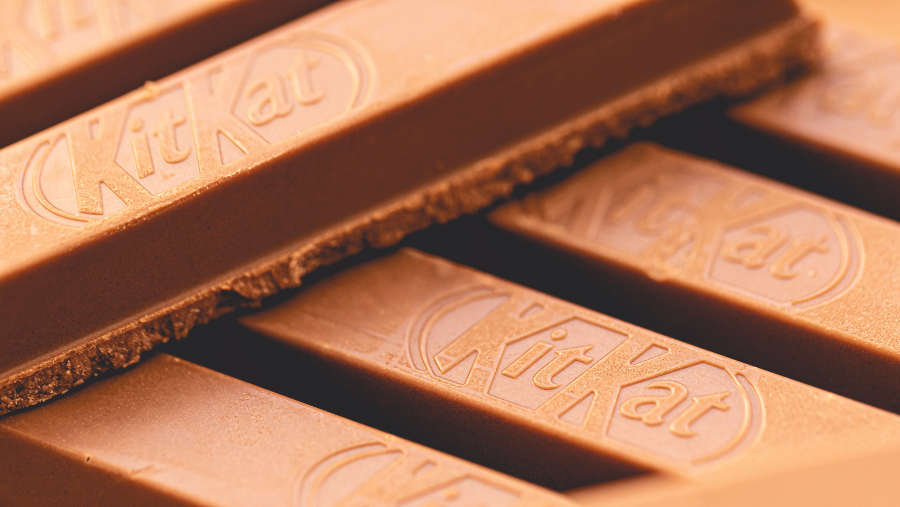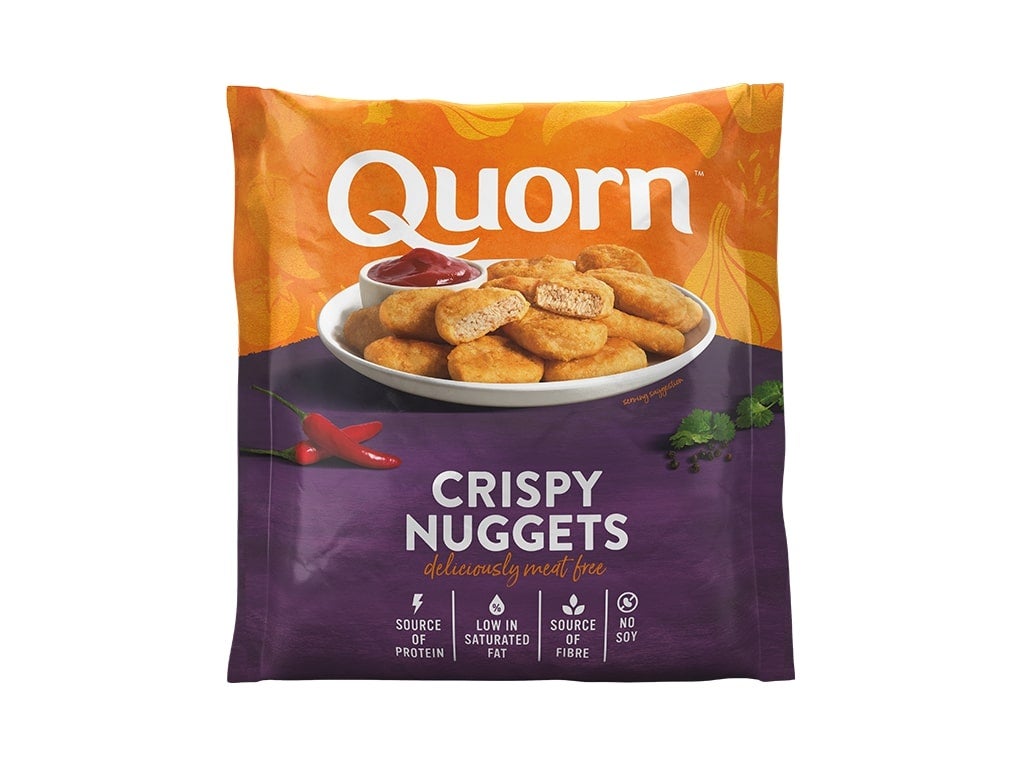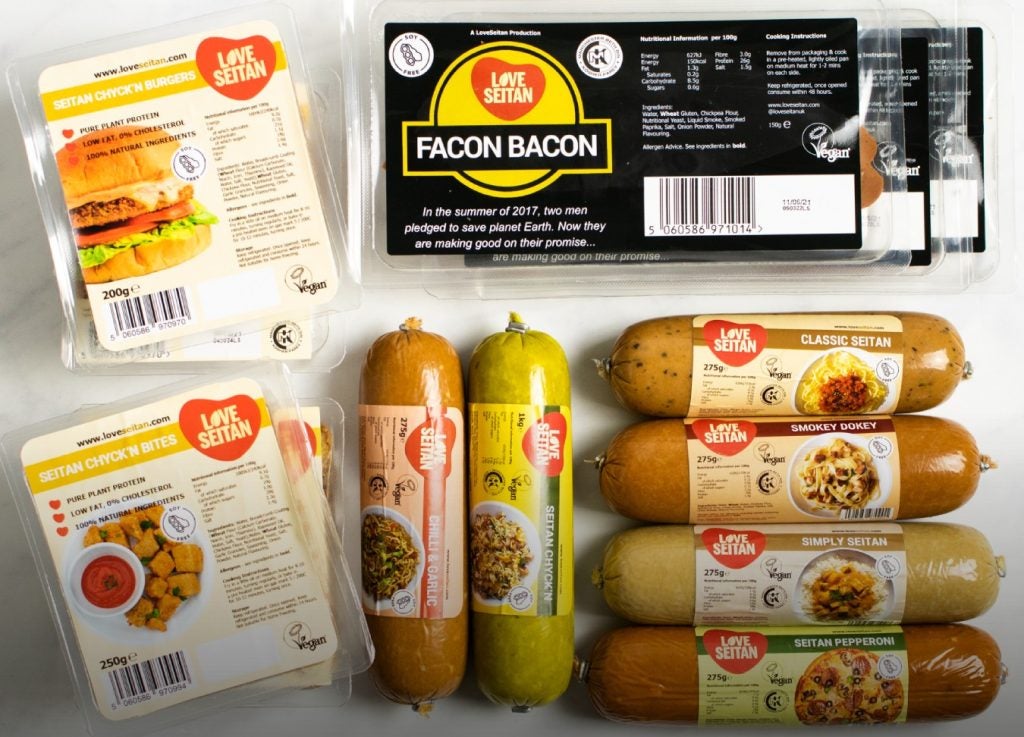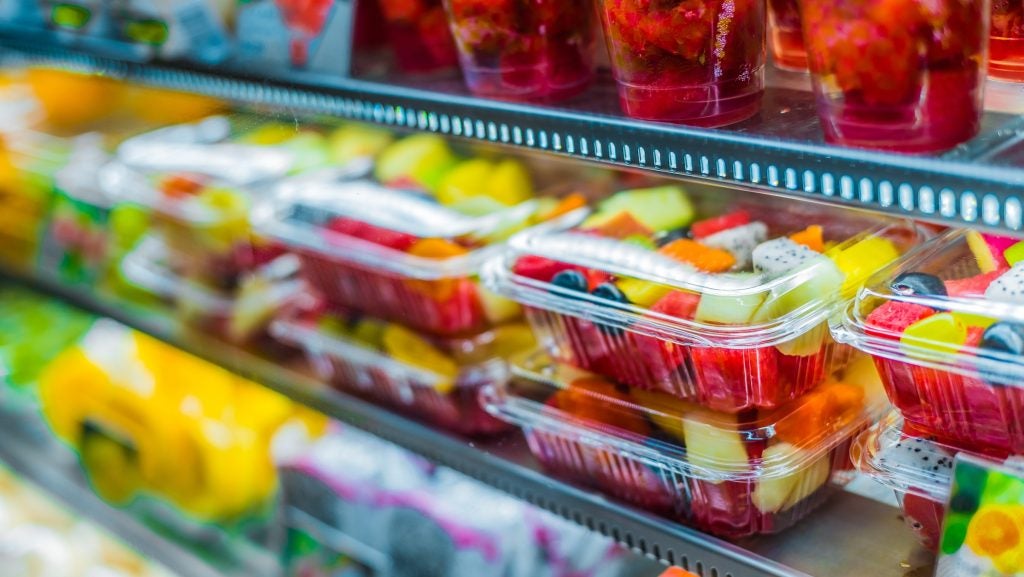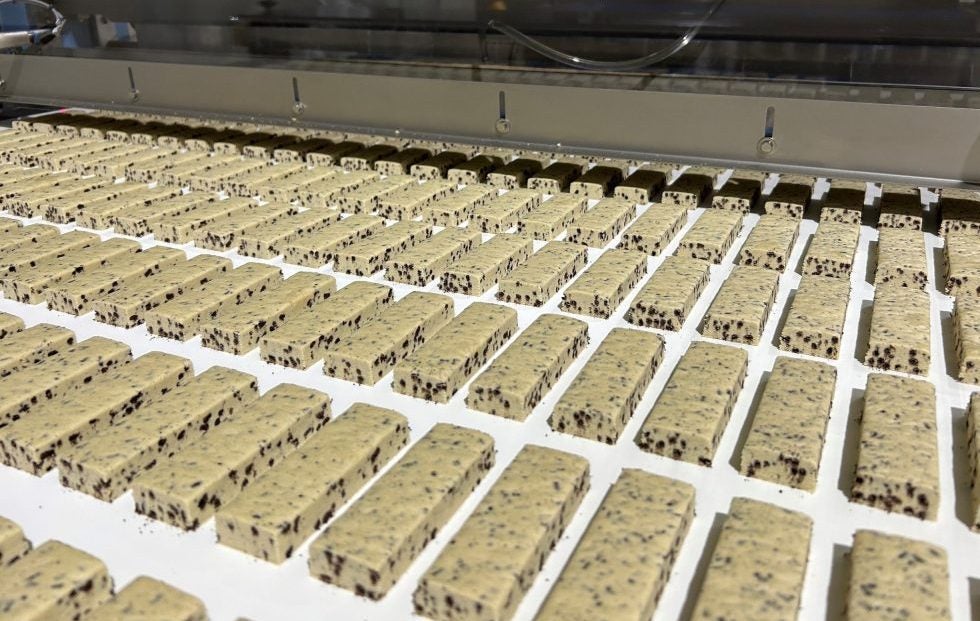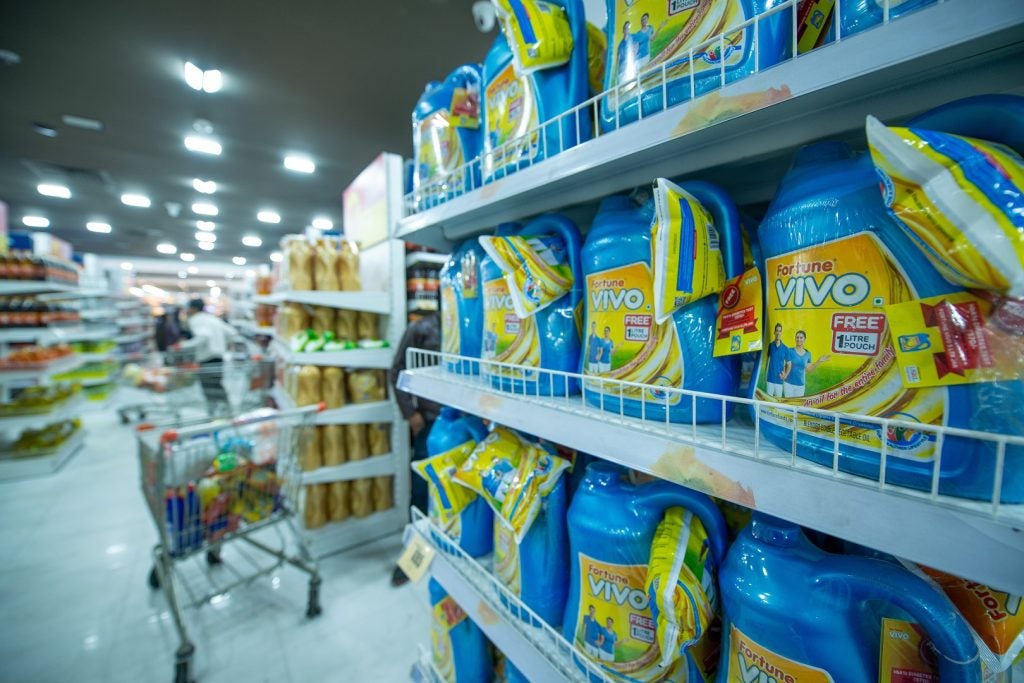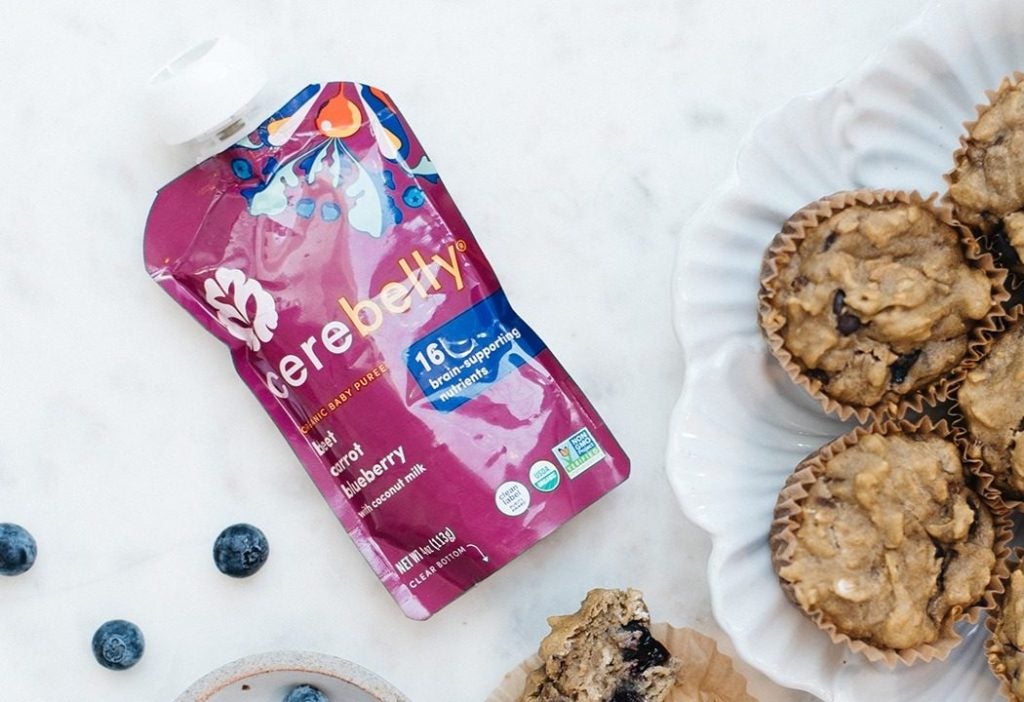Nestlé is set to invest 2.7bn reais ($550.8m) into its chocolate and biscuit operations in Brazil up to 2026.
The funding itself is triple the amount invested in the last four years in Brazil, according to Nestlé.
The Swiss giant will mainly put the investment towards expanding and modernising production lines at factories in Caçapava and Marília in São Paulo, as well as in Vila Velha in Espírito Santo. These facilities employ more than 4,000 people and are export hubs for over 20 countries.
In Caçapava, Nestlé produces the KitKat brand, while in Vila Velha, production is focused on the Garoto brand of chocolates. The Marília unit manufactures biscuits.
Two months ago, Nestlé received the green light to acquire Garoto more than two decades after signing an agreement to buy the Brazilian chocolate maker.
The world’s largest food maker struck a deal to acquire Garoto in 2002 but has been awaiting full competition clearance.
Nestlé has been able to keep investing at the Garoto production site in Vila Velha in eastern Brazil, although it has had to keep management separate.
Through its new investment package, Nestlé will also aim to accelerate the development of new products and expand ESG actions in its operations.
The group has also planned to expand the Nestlé Cocoa Plan sourcing programme, which has been in operation in Brazil since 2010. The scheme encourages regenerative agriculture practices in the cocoa supply chain, Nestlé said.
Patricio Torres, vice president of biscuits and chocolates for Nestlé's Brazilian arm, said: “Nestlé's Brazilian operation has been growing consistently and sustainably over the years. In the last 12 months alone, we have seen an increase of 24%, based on the high demand in Brazil for the chocolate and biscuit portfolio.”
Overall, the company employs more than 30,000 people in Brazil and has 20 industrial units and nine distribution centres.
In February 2022, Nestlé revealed that it was increasing it investment in the South American country to more than 1.8bn reais for that year, investing in areas including production, distribution and technology.
The KitKat maker’s first-half net sales for 2023 amounted to SFr46.29bn ($53bn) while its Zone Latin America comprised over SFr6bn of that.
Brazil posted “double-digit growth” for the period.
Nestlé said: “By product category, confectionery was the largest growth contributor, reflecting strong demand for KitKat and key local brands as well as new product launches.”


